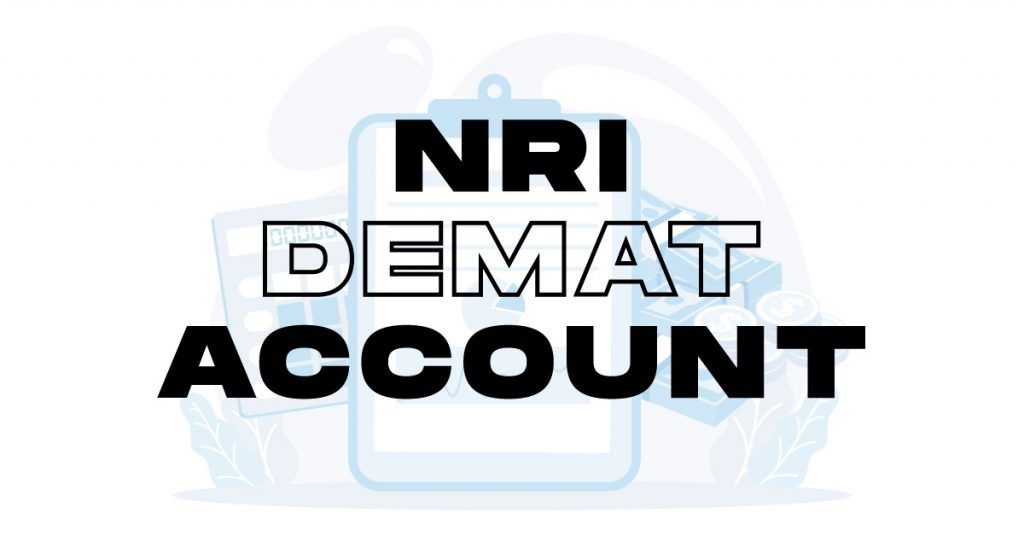IPO Allotment Status
Written by Upstox Desk
Published on October 16, 2025 | 7 min read

Money is fundamental to businesses. They can succeed and develop their fundamentals when they regularly invest in their core and new products. Corporate loans are a solution, but companies must pay interest on bank loans. An initial public offering (IPO) is a viable alternative, helping businesses meet their requirements without paying anything out of their pocket.
Through an IPO, businesses provide investors with a stake by issuing new shares or selling some existing ones. IPOs are open to all types of investors in India, including Foreign Institutional Investors (FIIs) and retail investors. However, shares in an IPO are allotted randomly to retail investors; not every investor bidding for the shares receives them.
What is IPO allotment?
Investors can invest in an IPO once it is cleared by the Securities and Exchange Board of India (SEBI), the regulatory body for securities and commodity markets. SEBI checks the company’s history and reasons for bringing an IPO before clearing it. Once cleared, the company can launch its IPO, giving investors the chance to invest and take a stake in that company.
It is the process that determines whether you’ll receive the company’s shares. It is perhaps the most critical step for investors.
However, getting an allotment is a matter of probability. The chances are slim if the issue is oversubscribed, meaning the number of bids coming in exceeds the number of shares on offer.
You can apply for an IPO only in lots, and one lot can cost up to ₹15,000. your chances of allotment by bidding for multiple lots.
What is the IPO allotment Process?
The IPO allotment process determines whether you receive the company’s shares.
There are three types of process:
- Full allotment
- Partial allotment
- No allotment
Full allotment means you receive the number of shares you applied for. For instance, assume you applied for 1000 shares in an IPO. Full allotment means you receive 1000 shares at a price set by the company.
Partial allotment means you receive some shares. For instance, you applied for 1000 shares. And if you get 200 shares, that indicates a partial allotment.
Meanwhile, no allotment means you have received zero shares.
As far as the allotment process is concerned, it starts after the closing date of the IPO. Valid applications are considered in the allotment process. Each bid, whether it is for one lot or several lots, is considered one application.
All the legit bids are then fed into the computer, randomly assigning shares to applicants. Those that receive the shares receive a debit message from their bank, while those that do not receive the shares get a refund.
What is IPO Allotment Status?
IPO allotment status is the term used to describe whether a company’s shares in an initial public offering are allocated to you. You can check the status by entering your PAN. Your bid for a company’s shares is valid only if you correctly apply for the IPO. It would help if you did so by blocking the application amount in the bank account linked to your Demat account.
How to check IPO allotment status?
There are a few ways to check if you have received shares in a company’s IPO.
- Visit the Bombay Stock Exchange’s (BSE) official website
- Select the IPO’s name, and enter your PAN to check if you have received an allotment. Alternatively, you check the allotment status on the registrar’s official website.
- You must enter your PAN or Demat account number.
What is the IPO allotment date?
The IPO allotment date is when a company’s shares in an IPO are allocated to investors. The date is declared when the IPO is revealed to the public.
How to increase the chances of getting an IPO allotment?
You can avoid large applications
All retail applications are treated equally in SEBI’s current allocation procedure. In the event of oversubscription, this means that even if you submit a comprehensive application worth Rs. 1 lakh, you might not stand to gain. Large applications are perfect when you may reasonably predict that a huge IPO won’t be subscribed to in the retail market.
Apply using several Demat accounts
A different approach is to submit numerous applications from different Demat accounts. However, even though you can submit many applications for an IPO, you can only use one PAN. However, you might ask your near and dear ones to submit several applications for the same IPO on your behalf. Consequently, having many Demat accounts can improve your chances of receiving at least one allocation.
Bid at the cut-off price at all times. Assume that an IPO with a price range of Rs.150 to Rs.155 per share has been announced. Bidding at the cut-off price demonstrates that you are willing to purchase at any price between 150 and 155. As a result, choosing a cut-off price when completing the IPO application form is a good idea.
How to invest in an IPO?
It is easy to invest in an IPO. Thanks to technology, you can invest in an IPO from home. You can invest through your broker directly and block your money using UPI (Unified Public Interface). Once you apply for the IPO on your broker’s platform, you will receive an email stating that your application has been created.
To make it successful, you must block the amount. You’ll receive a message from your bank asking to block the IPO application amount through your UPI app. Subsequently, the UPI app sends a notification within an hour or two. It contains a mandate asking you to accept the blocked amount.
Every leading bank allows you to invest in an IPO directly. Alternatively, you can invest in an IPO through net banking. Open your net banking account, search for the IPO, and apply for it.
Importance of an IPO
Companies launch IPOs to expand their business, attract new investors, and access new capital. With an IPO launch, a company grabs more eyeballs, which can help them improve its business and attract new customers. Also, as opposed to a bank loan, an initial public offering allows companies to get money without paying interest. They must only provide investors with a part of their business to access the necessary capital.
Frequently Asked Questions (FAQs)
1. How to check IPO allotment status by using PAN?
You can check your allotment status online by using your PAN. Visit the registrar or BSE’s official website and enter your PAN. Once you hit enter, the system will tell you whether you’ve received shares in the particular IPO.
2.What is IPO allotment time?
IPO allotment time is the date on which the allotment is declared.
3. Where to check IPO allotment status?
You can check your IPO allotment status on BSE or the IPO registrar’s official website.
4. What are the chances of getting an IPO allotment?
Your chances of getting an IPO allotment are higher if an IPO is undersubscribed. However, getting an allotment is difficult if it is oversubscribed.
5. When to check IPO allotments status?
You can check the IPO allotment status on the BSE or the registrar’s official website.
6. How to check IPO shares allotted in the Demat account?
You can check the IPO shares allotted in your Demat account a day before listing.
7. How to know if I get an IPO allotment?
You can verify if you have received an IPO allotment by entering your PAN details on BSE or the registrar’s website on the day of the allotment.
8. How to get an IPO allotted?
There is no guarantee that you’ll receive an IPO allotment. You can apply various ways to increase your chances of IPO allotment.
9. On what basis are IPO shares allotted?
The basis of IPO allotment is simple. If the IPO is undersubscribed, every investor who has applied for the IPO will receive the shares. If it is oversubscribed, shares are allotted randomly to investors.
10. When will the IPO allotment result be announced?
An IPO’s allotment results are announced a few days after the IPO is closed.
11. How many days does it take to get IPO allotment?
It takes between 5-7 business days to get shares.
About Author
Upstox Desk
Upstox Desk
Team of expert writers dedicated to providing insightful and comprehensive coverage on stock markets, economic trends, commodities, business developments, and personal finance. With a passion for delivering valuable information, the team strives to keep readers informed about the latest trends and developments in the financial world.
Read more from UpstoxUpstox is a leading Indian financial services company that offers online trading and investment services in stocks, commodities, currencies, mutual funds, and more. Founded in 2009 and headquartered in Mumbai, Upstox is backed by prominent investors including Ratan Tata, Tiger Global, and Kalaari Capital. It operates under RKSV Securities and is registered with SEBI, NSE, BSE, and other regulatory bodies, ensuring secure and compliant trading experiences.

























